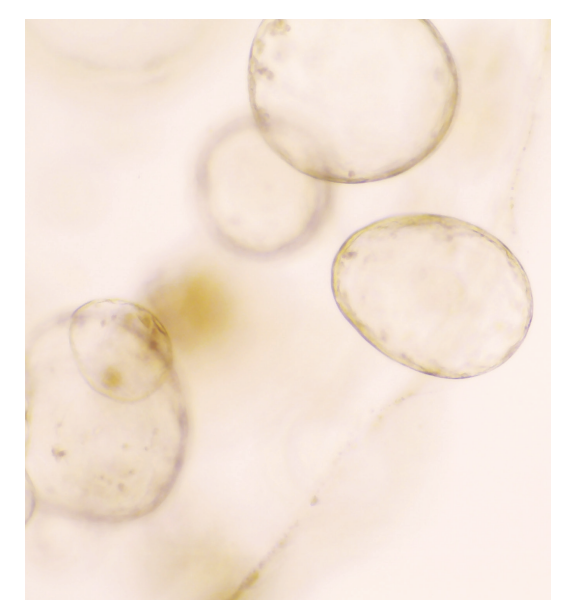Article highlights & insights
Resistance to chemotherapy is the most common cause of treatment failure in acute myeloid leukemia (AML) and the drug efflux pump ABCB1 is a critical mediator. Recent studies have identified promoter translocations as common drivers of high ABCB1 expression in recurrent, chemotherapy-treated high-grade serous ovarian cancer (HGSC) and breast cancer. These fusions place ABCB1 under the control of a strong promoter while leaving its open reading frame intact. The mechanisms controlling high ABCB1 expression in AML are largely unknown. We therefore established an experimental system and analysis pipeline to determine whether promoter translocations account for high ABCB1 expression in cases of relapsed human AML.
Resistance to chemotherapy is the most common cause of treatment failure in acute myeloid leukemia (AML) and the drug efflux pump ABCB1 is a critical mediator. Recent studies have identified promoter translocations as common drivers of high ABCB1 expression in recurrent, chemotherapy-treated high-grade serous ovarian cancer (HGSC) and breast cancer. These fusions place ABCB1 under the control of a strong promoter while leaving its open reading frame intact. The mechanisms controlling high ABCB1 expression in AML are largely unknown. We therefore established an experimental system and analysis pipeline to determine whether promoter translocations account for high ABCB1 expression in cases of relapsed human AML.
Institute Authors
Group leader
Research topics & keywords
Grants
This work was supported by grants from Cancer Research UK (C5759/A20971, A19842), Kay Kendall Leukaemia Fund (Clinical Training Fellowship to MW), an Educational grant from Imago Biosciences and The Christie Charity.




